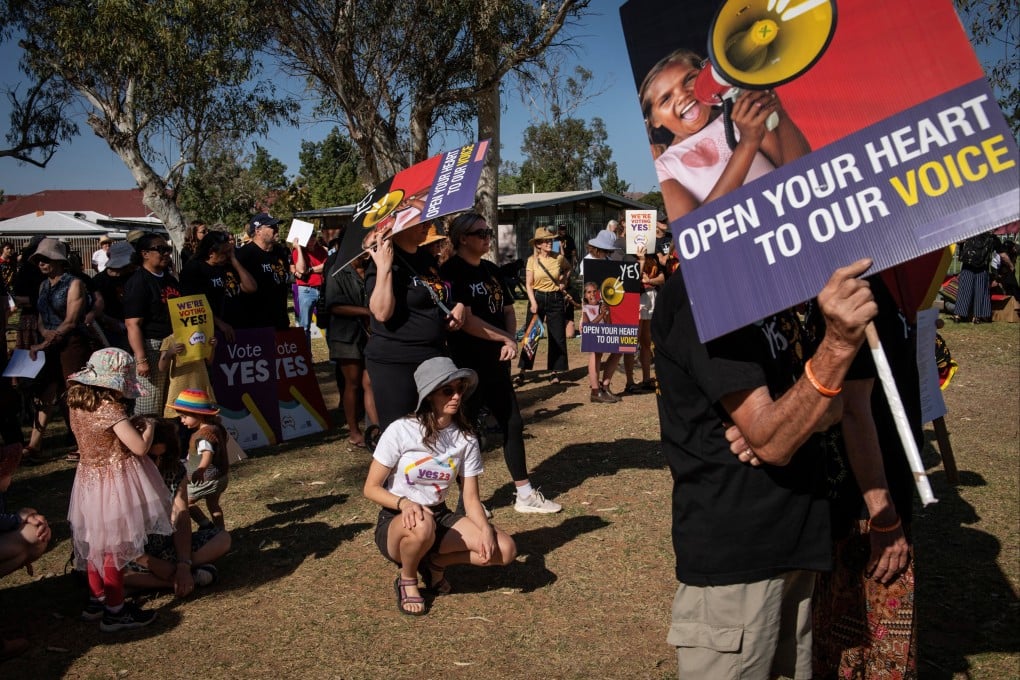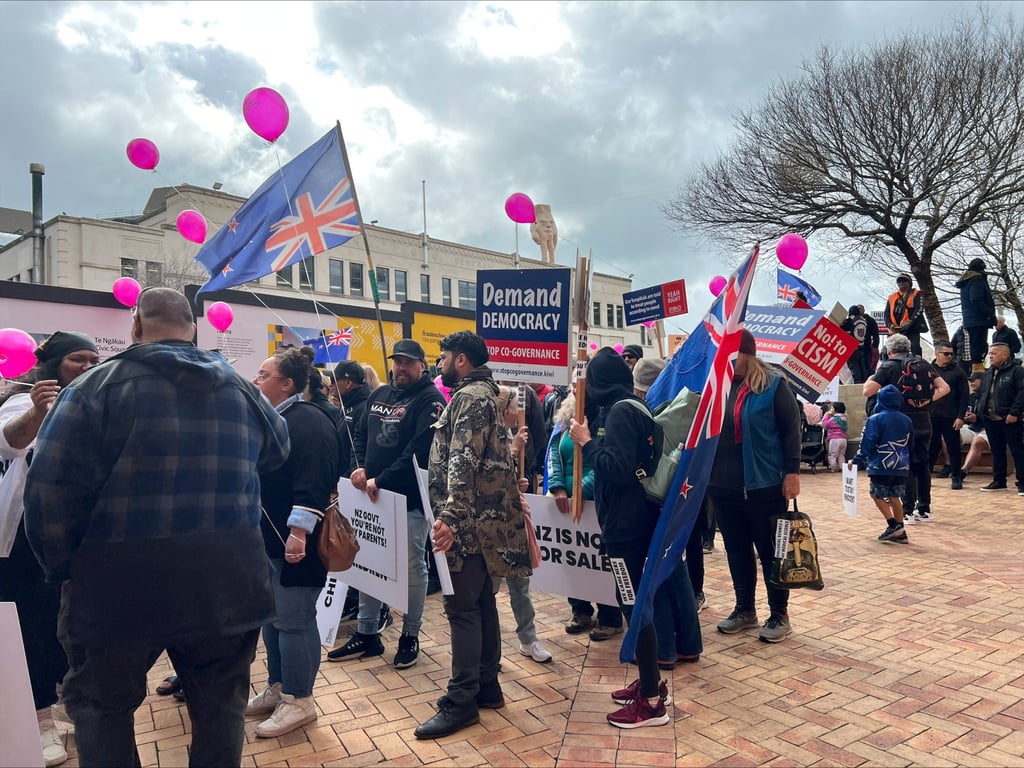As Australia, New Zealand go to the polls on October 14, are indigenous rights at stake?
- Racism and indigenous rights have dominated debate ahead of Australia’s Voice vote and New Zealand’s general polls, both on October 14
- ‘Profoundly dangerous’ misinformation has brought racial issues to the forefront of both polls, resulting in ‘nasty’ election tone and exposing racial divides

“On both sides of the Tasman, some people are claiming indigenous policies risk their nation being divided along racial lines,” Dominic O’Sullivan, political science professor at Charles Sturt University, said last month.
Australia and New Zealand share similarities in colonisation, but only New Zealand has a landmark agreement between its Maori people and the British Crown – the Treaty of Waitangi.

While an imperfect model for good relations between indigenous people and government, the treaty – a founding document for New Zealand – ensured the Maori brought their perspectives to parliamentary decision-making, O’Sullivan said.
But New Zealand’s Association of Consumers and Taxpayers (ACT) Party, a right-wing party led by David Seymour, has run an election campaign to reduce the influence of the Waitangi treaty, saying the Maori should not have special rights.
“New Zealand is being transformed into a country where your rights depend on who your ancestors were,” the ACT Party said. The party’s support will most likely be needed by the leading National Party alongside the New Zealand First party to form government, according to poll numbers.
In Australia, the same language is used by the referendum’s No supporters, notably by opposition party leader Peter Dutton who said the referendum would “re-racialise Australia”. He was later rebuked by other politicians for spreading misinformation and disinformation.